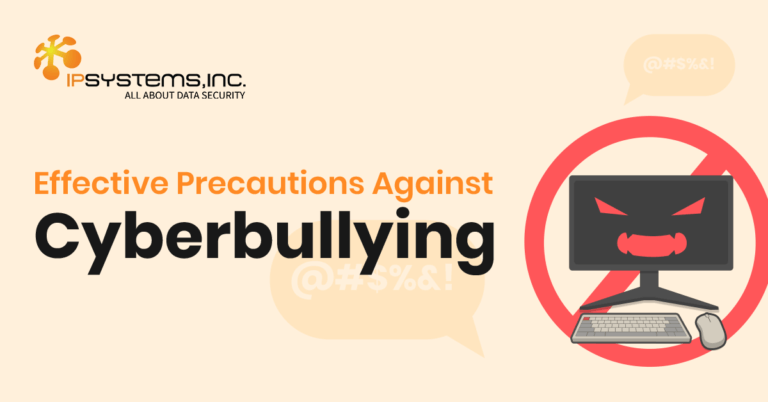
Innovating your Business with Green Data Centers
Blog: Innovating your Business with Green Data Centers Data centers are centralized facilities equipped with essential hardware like servers, storage devices, and networking equipment.
Data breaches have become a critical consideration for enterprises big and small. As emerging technologies such as artificial intelligence (AI) and machine learning (ML) penetrate every aspect of digital life, there is an enormous consideration for them in cybersecurity.
Commonly known as ML, Machine Learning refers to a computer's ability to learn without explicit programming. It involves applying mathematical techniques to massive data sets, enabling itsalgorithms to build models of behaviors and use those models to predict future behaviors from new input data.
A typical example of machine learning in the real world include the music streaming service, Spotify, recommending new music based on your previous listening history. Another is the self- driving car that learns multiple road conditions after nearly hitting a pedestrian.
Machine Learning is increasingly relevant to information security. The general idea is that it can offer better threat analysis to businesses while improving their entire IT infrastructure security. ML can also help automate menial tasks that were often given to security teams with minimal skill to handle. Data security is at severe risk in such an environment.
But machine learning continues to grow in impact and adoption in cybersecurity solutions. Machine learning in cybersecurity will make a case for greater spending across big data, artificial intelligence, and analytics. That is according to experts at ABI Research. This figure should top $96 billion in 2021, even as the world's biggest tech firms do more to protect their customers.
For example, cloud and e-commerce giant, Amazon, has launched Macie. This service leverages machine learning to reveal, sort, and classify data on the S3 cloud storage service, as a vivid example of cutting-edge network security solutions.
Machine learning is also at the heart of analyzing threats against endpoints running Android at Google. The company also uses this means to identify and remove malware from compromised mobile devices.
Using more than rules-based logic, machine learning can help to sniff out and defend against intrusions. As long as the typical behavior is "learned," using factors such as total access attempts, query frequency, and data amount per query makes it easier to flag suspicious outliers without human aid automatically.
In the manner of viruses, manually created malware spurns the automated creation of evasive variants. Arming signature-based malware detection systems with machine learning capabilities aims to identify such future versions and variants of malware and nip their proliferation and spread in the bud.
Indeed, companies are using machine learning to scan huge codebases and automate the identification of potential vulnerabilities before the bad guys do.
Maintaining a list of all known threats and detecting new ones with machine learning improves the overall threat detection rate.
Businesses will be most concerned about this. ML can help flag suspicious activity or transactions in real-time by picking up patterns and noting deviations from expected behavior.
Machine learning will eventually be a central theme in cybersecurity solutions. While the use cases above are not new, machine learning makes them more robust and secure. As far as cybersecurity solutions are concerned, products such as Bitdefender GravityZone Elite are stepping up to grab the bull by the horn. Their secret sauce is enhanced technologies such as artificial intelligence and machine learning.
Cybercriminals today use incredible sophisticated and convincing methods to fool those who are not aware of their schemes and attack vulnerable systems. But by staying educated and up to date about the latest cyber attack trends, you can keep your employees and business safe.



Blog: Innovating your Business with Green Data Centers Data centers are centralized facilities equipped with essential hardware like servers, storage devices, and networking equipment.

Blog: CCTVs: A must-have for every organization Nearly every business and organization, regardless of size, has already implemented CCTV Services within their premises because

Blog: Combating Bullying in Digital Classrooms: Empowering Students for a Safer Learning Environment Bullying is a pervasive issue that inflicts emotional, psychological, and physical

Established in 2007, IPSYSTEMS, Inc. is a trusted and valued cybersecurity and IT distributor in the Philippines. It has solutions specifically focused on IT Infrastructure Security, Secure Remote Access and Monitoring, and Email and Data Security.